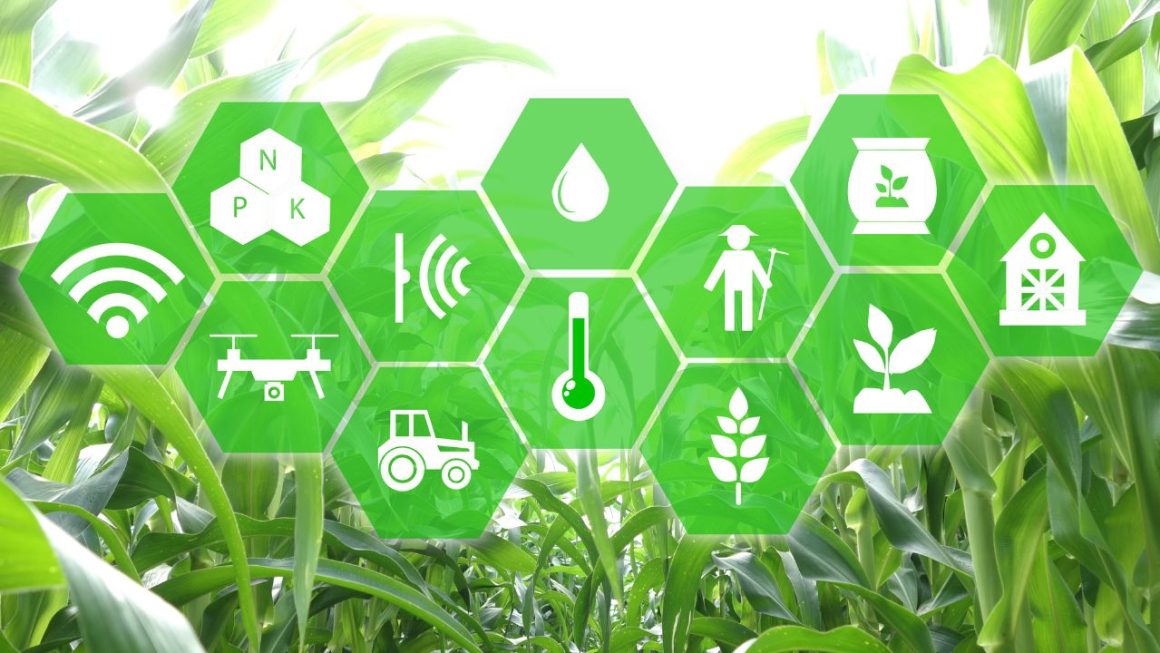Introduction
Smart home technology has transformed the way we live, offering convenience, efficiency, and enhanced security. From controlling household appliances with a smartphone to monitoring energy usage remotely, these devices have become an integral part of modern living…
Early Beginnings of Smart Home Technology
The concept of smart homes dates back to the early 20th century, with the invention of rudimentary devices like the thermostat. However, it wasn’t until the late 20th century that smart home technology started gaining traction, albeit with limited functionality and adoption.
Advancements in Connectivity
The advent of Wi-Fi and Bluetooth technology revolutionized the smart home industry, enabling seamless connectivity between devices. This paved the way for the expansion of the smart home ecosystem, with a wide range of interconnected devices becoming available to consumers.
Integration with IoT
The Internet of Things (IoT) played a pivotal role in the evolution of smart home technology by enabling devices to communicate and share data with each other. This led to the development of centralized control systems, allowing users to manage their smart home devices from a single platform.
Emergence of Voice Assistants
Voice-controlled devices, powered by artificial intelligence and machine learning, have become increasingly prevalent in smart homes. These voice assistants, such as Amazon Alexa and Google Assistant, provide users with hands-free control over their devices and can perform a variety of tasks based on voice commands.
Enhanced Security Features
Security has always been a top priority for smart home technology, and advancements in this area have led to the development of sophisticated security systems. These systems offer features such as remote monitoring, motion detection, and real-time alerts, providing users with peace of mind and protection against intruders.
Rise of Home Automation
Automation has transformed the way we manage household tasks, making everyday life more efficient and convenient. From controlling lights and thermostats to scheduling appliances, home automation systems offer unparalleled convenience and customization options.
Energy Management Solutions
Smart home technology has also made significant strides in the realm of energy management, with devices designed to monitor and optimize energy usage. By implementing energy-saving features and providing real-time insights into energy consumption, these devices help users reduce their environmental footprint and save on utility bills.
Sustainable Living Practices
In addition to energy efficiency, smart home technology promotes sustainable living practices by encouraging eco-friendly behaviors. From regulating indoor temperature to optimizing water usage, these devices empower users to adopt environmentally conscious habits and contribute to a greener planet.
Smart Entertainment Systems
Entertainment is another area where smart home technology has made a significant impact, with devices like smart TVs and speakers offering immersive viewing and listening experiences. These devices can be integrated seamlessly with other smart home devices, providing users with personalized content recommendations and seamless entertainment solutions.
Home Health Monitoring
The integration of smart home technology with healthcare has led to the development of innovative solutions for monitoring health metrics and promoting well-being. From wearable devices that track physical activity to smart scales that measure body composition, these devices enable users to take proactive steps towards improving their health and fitness.
Future Trends in Smart Home Technology
The future of smart home technology looks promising, with continued innovation and development in the pipeline. Emerging technologies such as artificial intelligence, augmented reality, and 5G connectivity are expected to further enhance the capabilities of smart home devices and expand their potential applications.
Enhanced Personalization
Personalization will be a key focus area for future smart home technology, with devices becoming increasingly adept at understanding and anticipating user preferences. This will enable tailored experiences that cater to individual needs and preferences, enhancing user satisfaction and engagement.
Expansion of Smart Cities
The integration of smart home technology with urban infrastructure will play a crucial role in shaping the cities of the future. From smart transportation systems to connected public utilities, these initiatives aim to improve the quality of life for residents and create more sustainable and resilient urban environments.
Conclusion
In conclusion, the evolution of smart home technology has been nothing short of remarkable, transforming the way we live, work, and interact with our surroundings. From convenience and efficiency to enhanced security and sustainability, smart home devices have become essential components of modern living, with their impact expected to grow exponentially in the years to come.
FAQs
How secure are smart home devices from cyber threats?
Smart home devices are equipped with robust security features, including encryption protocols and authentication mechanisms, to protect against cyber threats. However, users should also take precautions such as regularly updating firmware and using strong, unique passwords to minimize the risk of security breaches.
Can smart home technology help in reducing energy bills?
Yes, smart home technology offers a variety of energy-saving features and tools that can help users reduce their energy consumption and lower utility bills. By monitoring energy usage, optimizing heating and cooling systems, and automating lighting and appliance controls, users can achieve significant savings over time.
Are smart home devices compatible with older homes?
Yes, many smart home devices are designed to be compatible with older homes, regardless of their age or construction. Wireless technologies like Wi-Fi and Bluetooth enable easy installation and setup without the need for extensive wiring or retrofitting, making them accessible to a wide range of homeowners.
What are the potential privacy concerns associated with smart home technology?
Privacy concerns related to smart home technology primarily revolve around data security and unauthorized access to personal information. To address these concerns, users should carefully review privacy policies, enable security features like two-factor authentication, and limit the collection of unnecessary data by disabling features that aren’t essential to functionality.
How easy is it to install and set up smart home devices?
Installation and setup processes vary depending on the type of smart home device and manufacturer instructions. However, most devices are designed to be user-friendly and can be installed with minimal technical expertise. Many manufacturers also provide step-by-step guides and tutorials to help users get started quickly and easily.


